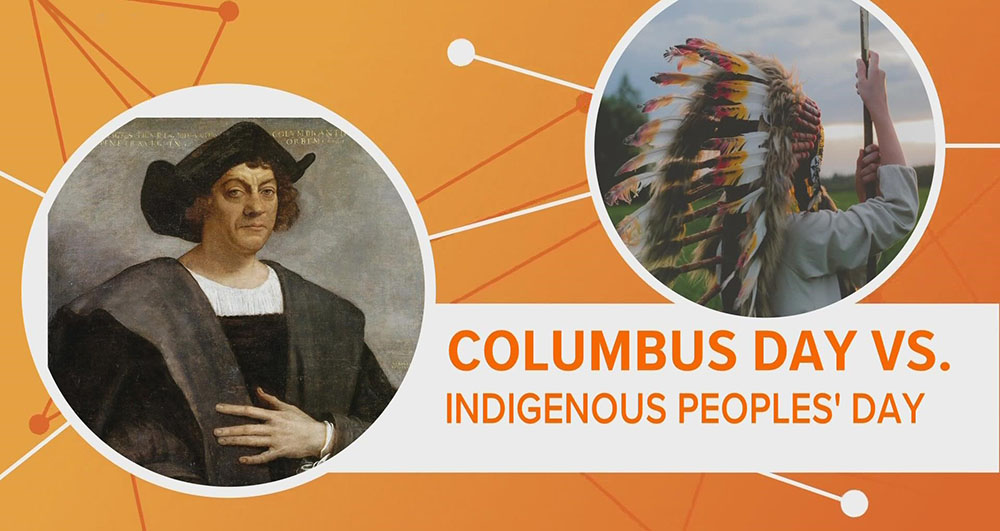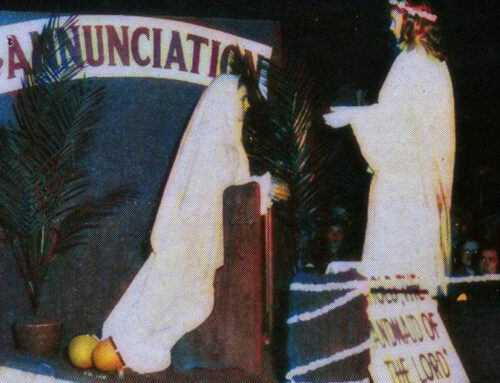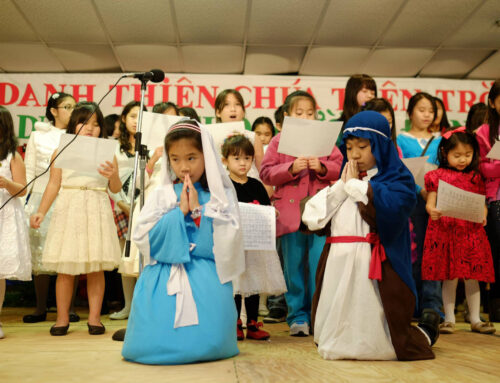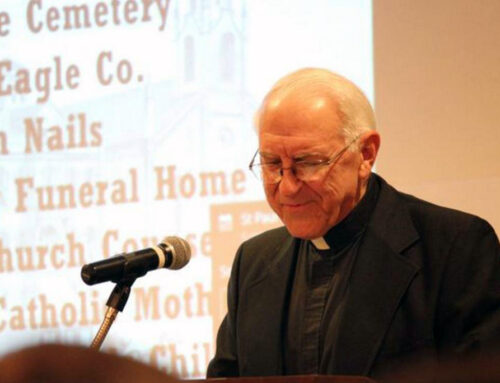As more cities and states across the U.S. adopt Indigenous Peoples’ Day in place of Columbus Day, a national conversation is taking shape about how to reconcile two different but equally important narratives of American history. On one hand, Indigenous Peoples’ Day represents a long-overdue recognition of the millions of Native peoples who lived in the Americas long before European colonization and who suffered immense losses as a result of that colonization. On the other hand, for many Italian-Americans, Columbus Day has been a celebration of their community’s resilience and contributions to American society, particularly in the face of historical discrimination.
A Shift in Perspective
In recent decades, historical narratives about Christopher Columbus have undergone significant revision. While Columbus was once heralded as the intrepid explorer who “discovered” the Americas in 1492, more recent scholarships and advocacy have shed light on the darker aspects of his legacy. Columbus’ arrival marked the beginning of centuries of colonization, exploitation, and violence against Indigenous peoples. The devastating consequences for Native communities—including displacement, disease, and enslavement—have sparked calls to reconsider the figure of Columbus and his place in American memory.
This shift has led to a growing movement to replace Columbus Day with Indigenous Peoples’ Day, a holiday that not only acknowledges Native American history but also celebrates their cultures, resilience, and ongoing contributions to society. Indigenous advocates see this change as a way to rectify a historical narrative that has long marginalized their experiences and to honor the millions of people who lived in the Americas before European colonization.
Italian-American Heritage at Stake
However, for many Italian-Americans, the move to replace Columbus Day comes with deep concerns. Columbus has long been a symbol of Italian pride. In the late 19th and early 20th centuries, Italian immigrants faced widespread discrimination and xenophobia in the United States. In response, Italian-American communities embraced Columbus as a figure of triumph—an Italian who achieved greatness in the New World. Columbus Day, first celebrated in 1892 to mark the 400th anniversary of his voyage, became a way for Italian-Americans to assert their identity and contributions to the growing nation.
Over time, Columbus Day parades, festivals, and other celebrations became central to Italian-American cultural life. The holiday was officially recognized as a federal holiday in 1937, further cementing its place in American tradition. For many Italian-Americans today, Columbus Day isn’t just about honoring a historical figure—it’s about celebrating their heritage, their perseverance in the face of prejudice, and their role in shaping America.
The Push for Indigenous Peoples’ Day
Supporters of Indigenous Peoples’ Day argue that it’s time for America to face the full consequences of Columbus’ legacy. The holiday seeks to center the voices of Native communities who were largely erased from historical narratives, despite being the original inhabitants of the land. Indigenous Peoples’ Day also serves as a reminder of ongoing issues that Indigenous communities face today, such as poverty, land disputes, and underrepresentation in politics and society.
Many Indigenous leaders believe that the replacement of Columbus Day is not about attacking Italian-American heritage, but about correcting the historical record and giving Indigenous peoples the recognition they deserve. “This is not an erasure of anyone’s history,” said one advocate. “It’s about creating space for a history that has been ignored for too long.”
A Path Forward
The challenge, however, is how to honor both Indigenous peoples and Italian-Americans in a way that fosters understanding and mutual respect, rather than deepening cultural divides. Some cities, such as New York and Los Angeles, have found a middle ground by celebrating both Indigenous Peoples’ Day and an Italian Heritage Day. This allows for the recognition of Indigenous history and culture while preserving a day for Italian-Americans to celebrate their contributions to the country.
Italian-American groups have also suggested reframing the narrative of Columbus Day to celebrate Italian contributions to America beyond Columbus. By focusing on more contemporary figures and achievements, the holiday could evolve in a way that maintains its cultural significance while avoiding the glorification of a historical figure who has become a symbol of colonization.
A National Discussion
Ultimately, the debate over replacing Columbus Day reflects broader questions about how the United States reckons with its past and how it chooses to tell its national story. The transition from Columbus Day to Indigenous Peoples’ Day is seen by many as part of a larger effort to create a more inclusive history—one that acknowledges the harm done to marginalized groups and celebrates the diversity of people who have shaped America.
For Italian-Americans, the hope is that their cultural contributions will continue to be recognized, even as the country grapples with the darker chapters of its history. The path forward may lie in open dialogue, greater education about both Indigenous and Italian-American histories, and a commitment to honoring all voices that have shaped the American experience.
As more states and cities continue to adopt Indigenous Peoples’ Day, the conversation about how to balance historical truth, cultural pride, and inclusivity will only grow. Whether through dual celebrations, reframing the holiday, or fostering cross-cultural dialogue, finding a way to respect both Indigenous peoples and Italian-Americans can help build a more unified and respectful understanding of American history. The challenge lies not just in what we commemorate, but in how we choose to do so, ensuring that all groups feel seen, heard, and valued.






Leave A Comment